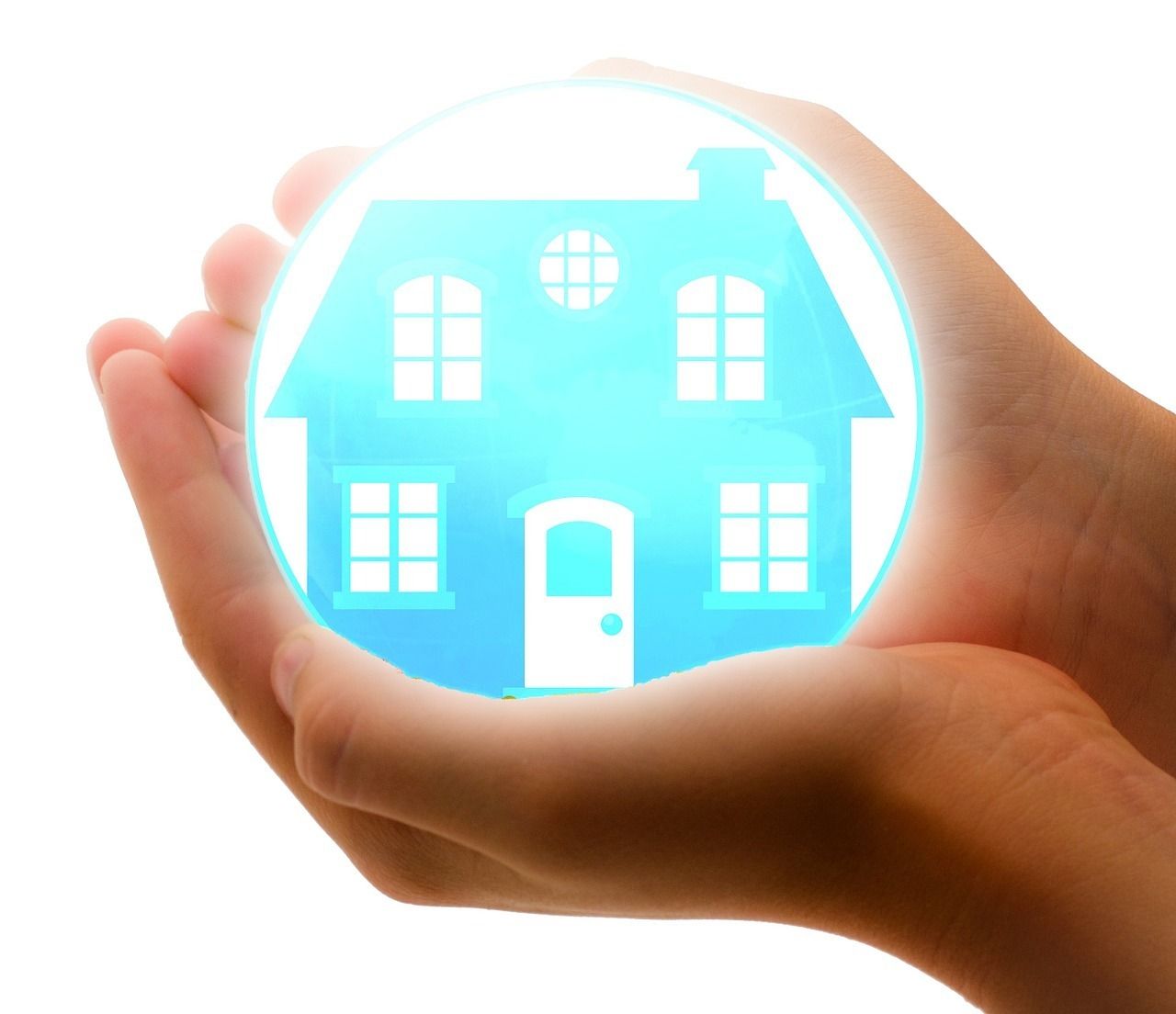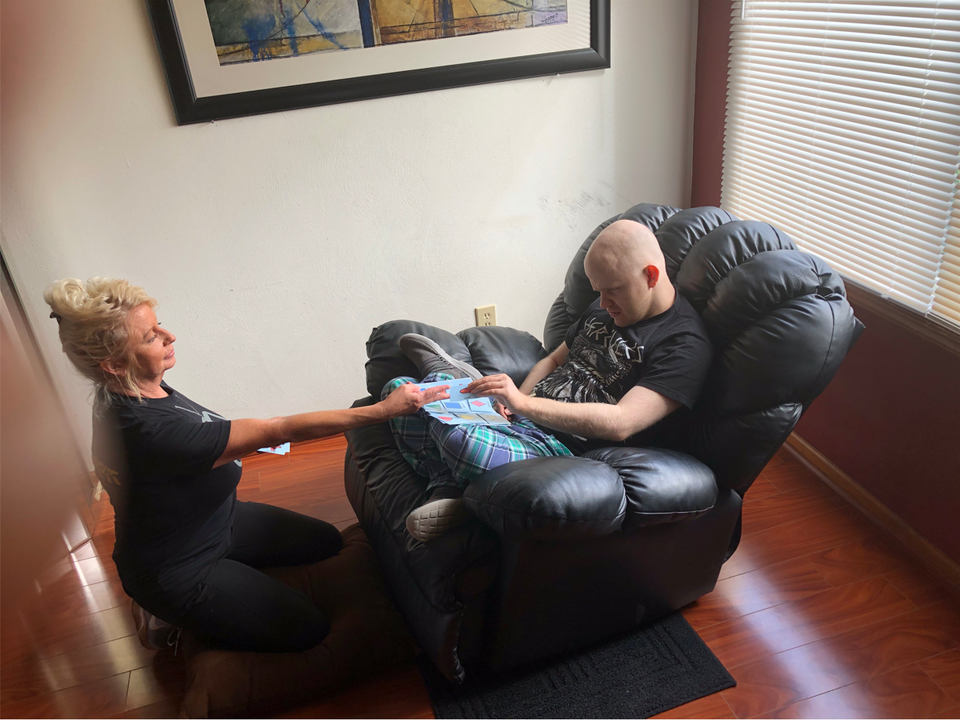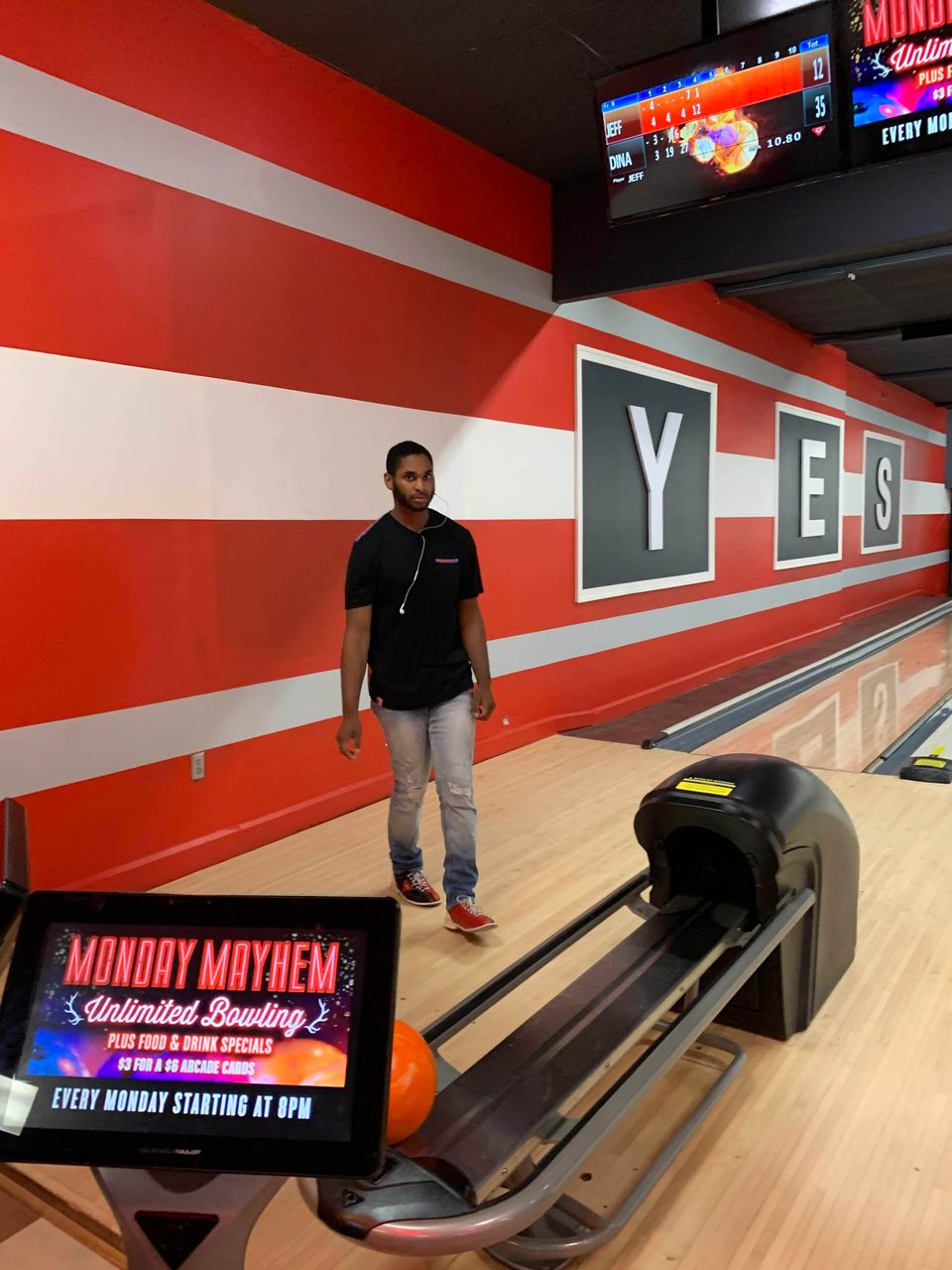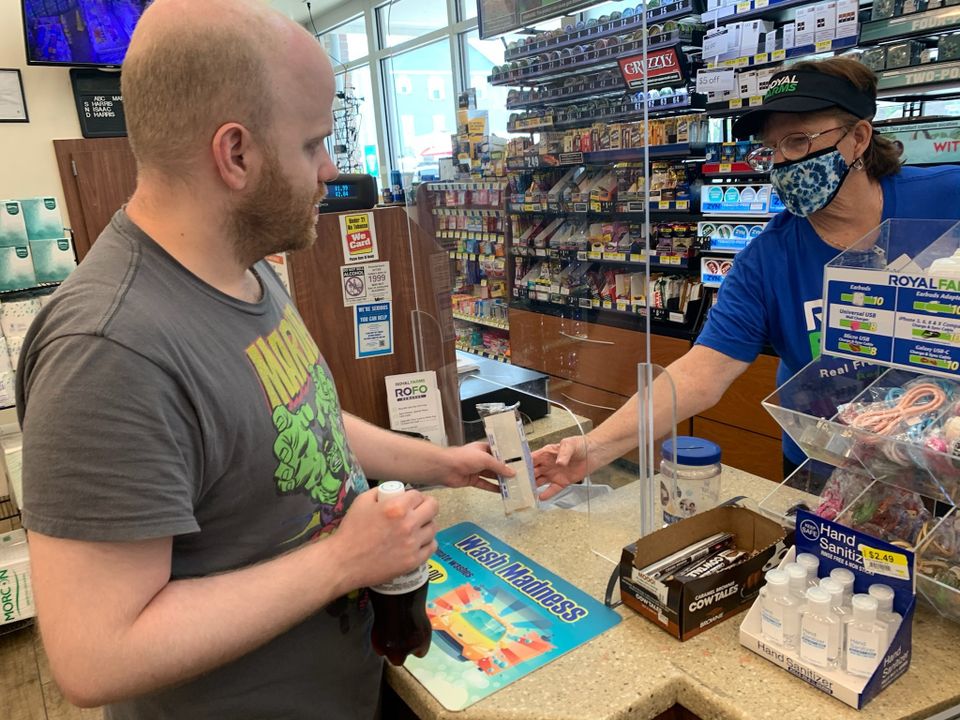Barton's Place is a four-bed Residential Group Home, with two locations in Virginia Beach, Va. Barton's Place provides services to DD adults with Home/Community Medicaid Waivers. This Waiver provides complete funding for the individuals. Barton's Place has direct responsibility for guidance and supervision of the adult/s living in a residential home; oversee physical care; development of acceptable habits and attitudes; management of individual behaviors and helping to meet the goals and objectives of any service plan; ensuring the daily needs of the individuals are properly met; escorts/transport individuals to and from training and community activities as chosen; provides direct supervision and guidance to ensure safety and welfare of individuals; do a headcount at the beginning, ending and periodically throughout the day to ensure presence and well-being of assigned individuals; follows established procedures to report changes/concerns to appropriate individuals; observes individuals daily for behavioral changes, physical injuries/conditions and cleanliness; completes data collection in accordance with Individual Service Plan; participates in Interdisciplinary Team; performs required housekeeping duties in order to maintain a clean, safe and orderly environment;
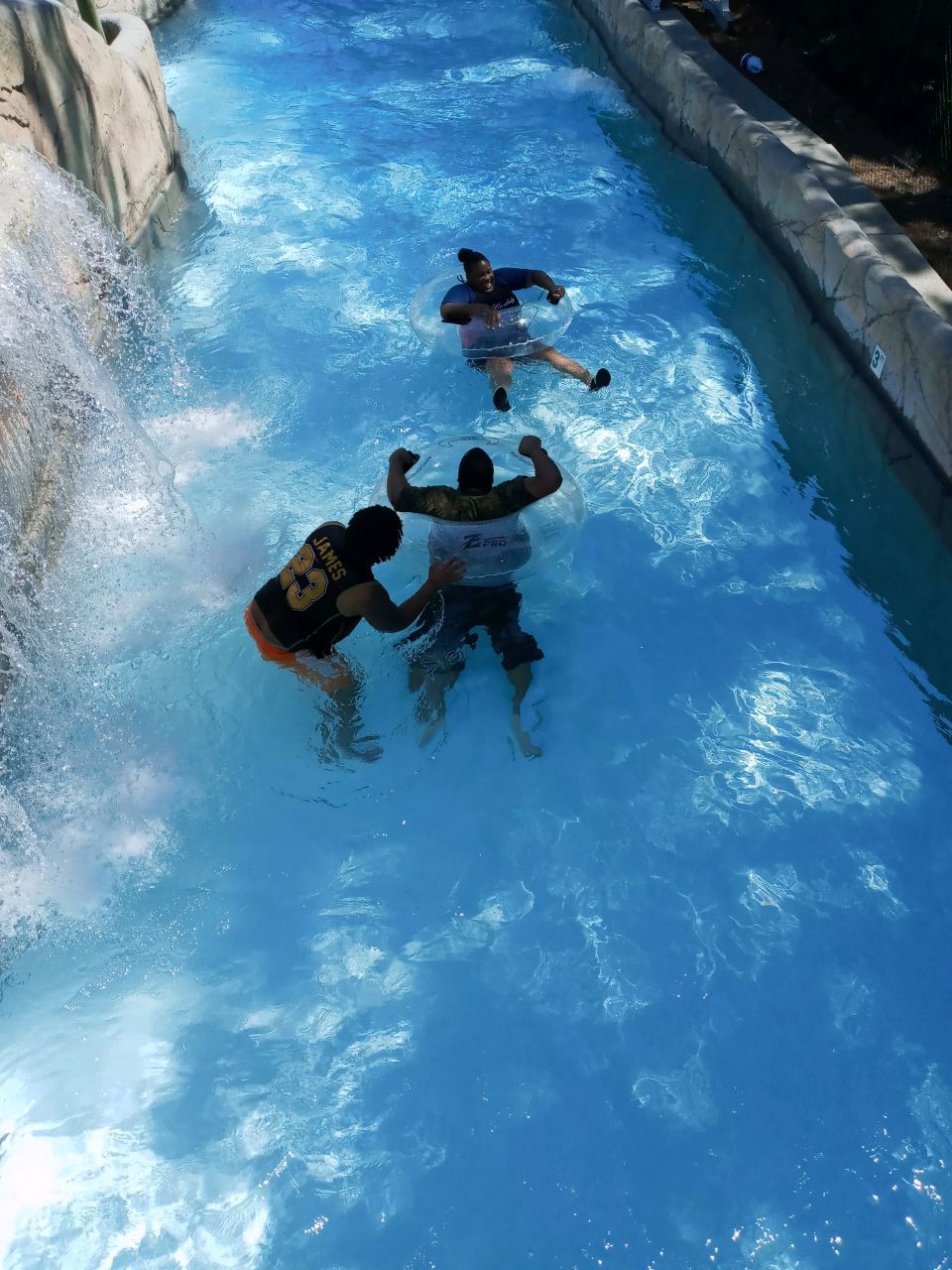
Community Activities
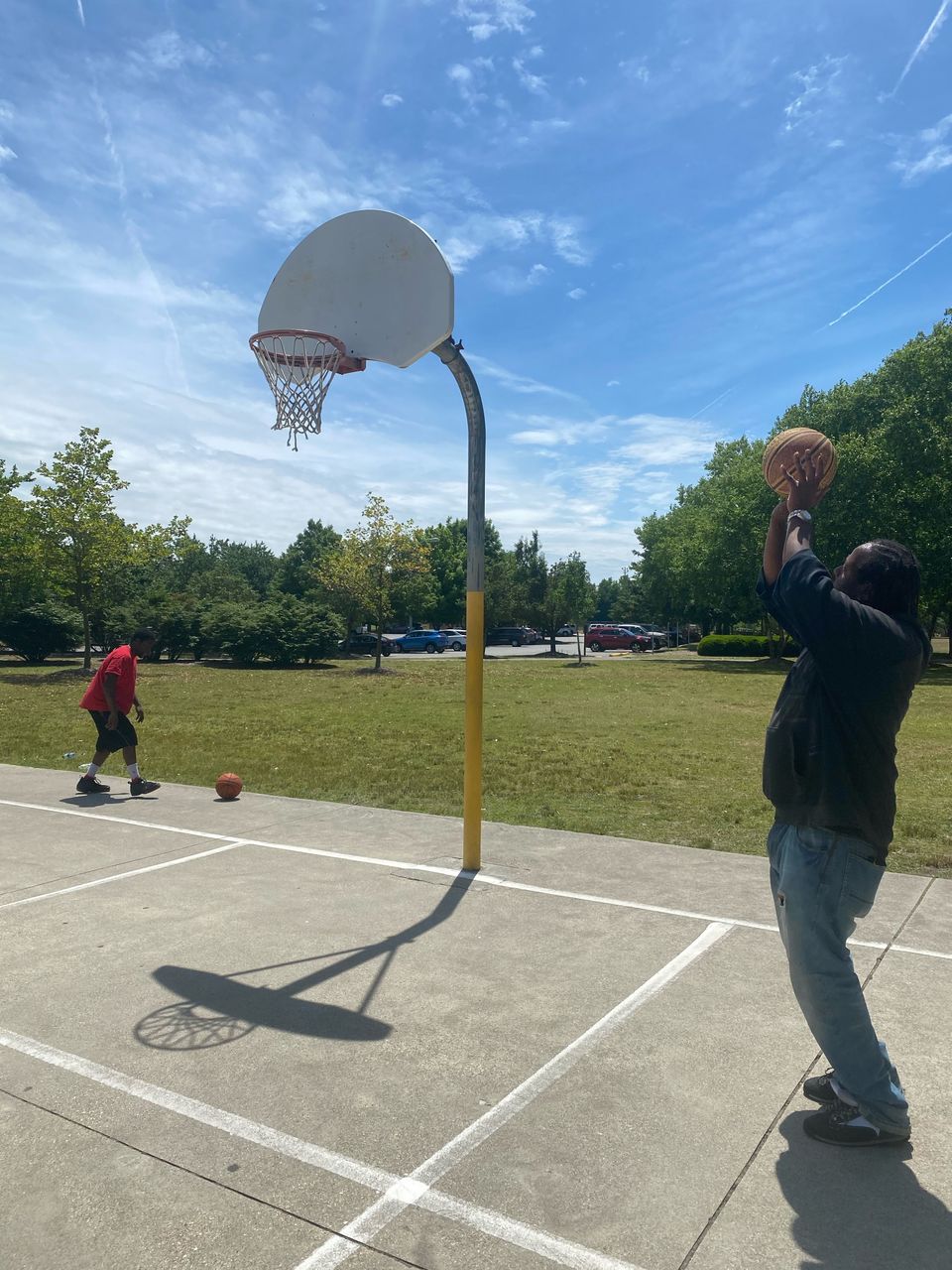
Recreational Activities
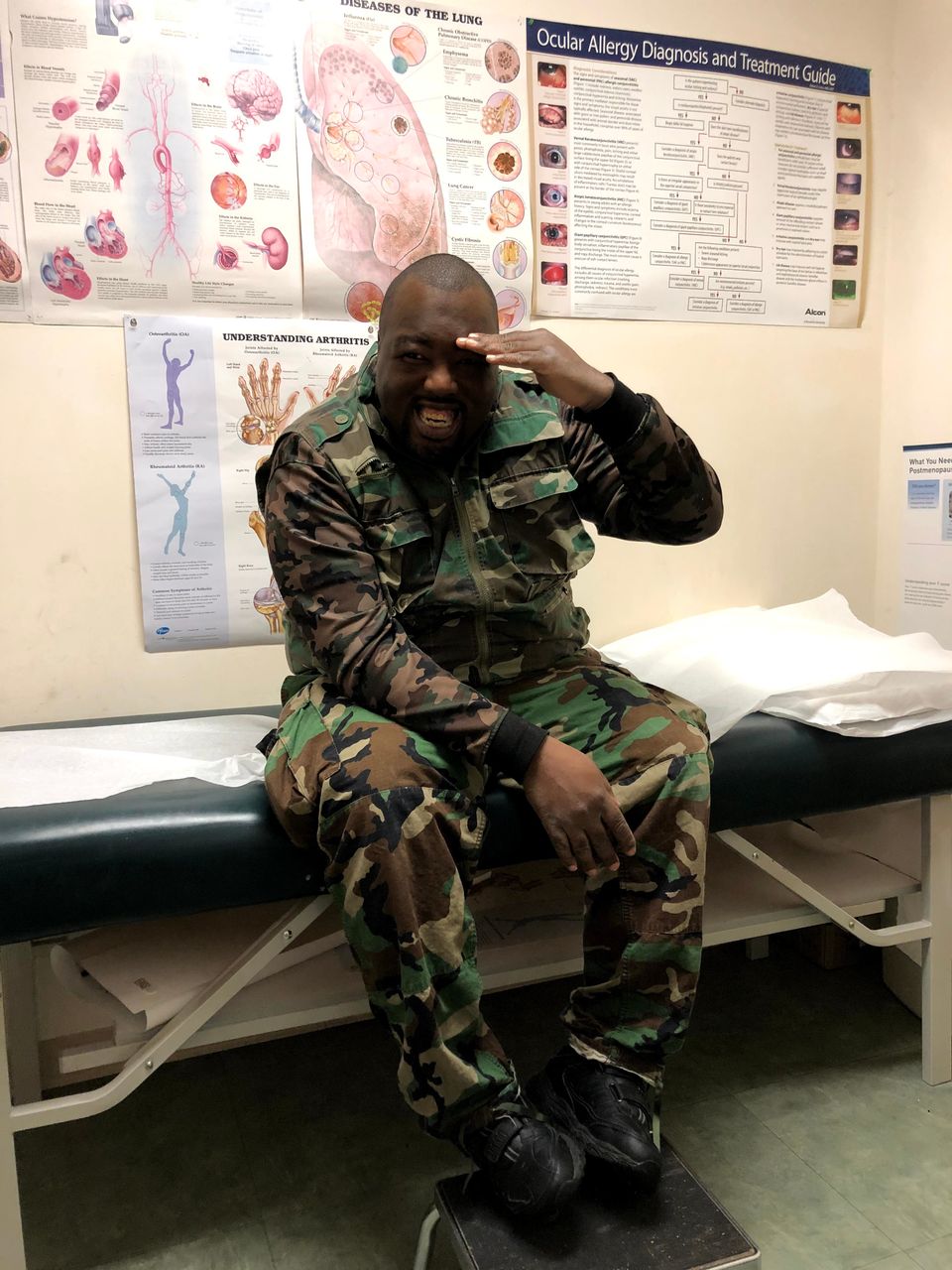
Transportation for Healthcare

Therapeutic Activities
Barton’s Place also provides Community Engagement/Coaching, along with Residential Group Home Services
Community Engagement
Service Description Community engagement supports and fosters the ability of a person to acquire, retain, or improve skills necessary to build positive social behavior, interpersonal competence, greater independence, employability, and personal choice necessary to access typical activities and functions of community life such as those chosen by the general population. These may include community education or training, retirement, and volunteer activities.
Community engagement provides a wide variety of opportunities to facilitate and build relationships and natural supports in the community while utilizing the community as a learning tool.
These activities are conducted at naturally occurring times and in a variety of natural settings in which the individual actively interacts with persons without disabilities (other than those paid to support the individual). The activities enhance involvement with the community and facilitate the development of natural supports.
Allowable Activities:
Skill building, education, support, and monitoring that assists with the acquisition and retention of skills in the following areas:
• Activities and public events in the community
• Community educational activities and events
• Interests and activities that encourage meaningful use of leisure time (e.g., through participating in sports/exercise, a club or other social group, a class to learn a new hobby)
• Unpaid work experiences (i.e., volunteer opportunities)
• Maintaining contact with family and friends
• Skill building and education in self-direction designed to enable achievement in one or
more of the following outcomes particularly through community collaborations and social connections developed by the program(e.g.partnerships with community entities such as senior centers, arts councils, etc.)
Community engagement must be provided in the least restrictive and most integrated settings according to the individual’s person-centered plan and individual choice.
Service Units and Service Limitations 1 hour unit, up to 66 hours alone or in combination with other day options; no more than a ratio of 1:3 and must take place solely in the community
Service Description Community engagement supports and fosters the ability of a person to acquire, retain, or improve skills necessary to build positive social behavior, interpersonal competence, greater independence, employability, and personal choice necessary to access typical activities and functions of community life such as those chosen by the general population. These may include community education or training, retirement, and volunteer activities.
Community engagement provides a wide variety of opportunities to facilitate and build relationships and natural supports in the community while utilizing the community as a learning tool.
These activities are conducted at naturally occurring times and in a variety of natural settings in which the individual actively interacts with persons without disabilities (other than those paid to support the individual). The activities enhance involvement with the community and facilitate the development of natural supports.
Allowable Activities:
Skill building, education, support, and monitoring that assists with the acquisition and retention of skills in the following areas:
• Activities and public events in the community
• Community educational activities and events
• Interests and activities that encourage meaningful use of leisure time (e.g., through participating in sports/exercise, a club or other social group, a class to learn a new hobby)
• Unpaid work experiences (i.e., volunteer opportunities)
• Maintaining contact with family and friends
• Skill building and education in self-direction designed to enable achievement in one or
more of the following outcomes particularly through community collaborations and social connections developed by the program(e.g.partnerships with community entities such as senior centers, arts councils, etc.)
Community engagement must be provided in the least restrictive and most integrated settings according to the individual’s person-centered plan and individual choice.
Service Units and Service Limitations 1 hour unit, up to 66 hours alone or in combination with other day options; no more than a ratio of 1:3 and must take place solely in the community
